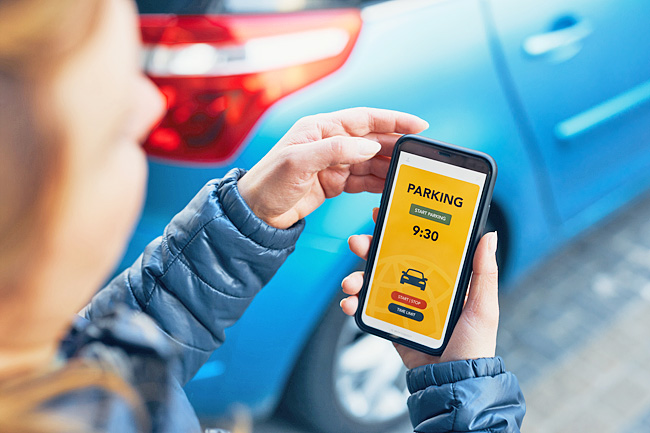ANN/THE STAR – In today’s era, a few simple clicks online enable us to handle various tasks such as paying bills, transferring money, purchasing movie tickets, booking taxis, and ordering food. Our world has become increasingly digital, undoubtedly simplifying the lives of many.
However, this digital transformation doesn’t benefit everyone. For those without smartphones or lacking digital skills, particularly some individuals from low-income or older demographics, certain activities have become more complex or even out of reach.
Previously, everyday services could be paid for with cash, but now, digital payment methods like Touch ‘n Go, GrabPay, Boost, JomPay, and QR code scanning have taken precedence. These changes can pose challenges for some individuals.
The use of ewallets was accelerated by COVID-19, with usage more than doubling during the pandemic.
The Malaysian government is encouraging this trend, with funds for digitalisation. There are also businesses that now only want online payments and services that refuse cash and push you to use an app. In Petaling Jaya, street parking has gone cashless and ticketless and requires using an app for payment. Even driving licences are now on an app.
Banks, too, are pushing customers to go online or use ATMs, even during banking hours. Doesn’t this neglect customer service?


“I think in this rush to move forward digitally, we are leaving a lot of people behind. We are punishing the poor, the vulnerable and senior citizens,” said Federation of Malaysian Consumers Associations (Fomca) Deputy President Datuk Paul Selva Raj.
He added that he had just been to a restaurant that refused to accept cash. “Why are we inconveniencing people who are vulnerable? We have to make allowances for people.”
To not provide traditional payment options to customers is not fair, given the lack of effort being made to support people to become more digitally literate. Note that a 2020 report found 11 per cent of Malaysians were “non-Internet users”, and most of them were aged over 60 years.
A “grey digital divide” is emerging, where older people are experiencing increasing exclusion and access barriers.
Some senior citizens have shared their frustrations with me, saying they have to depend on younger relatives for help. One elderly lady who struggles using the Petaling Jaya parking app tells me she calls her daughter to ask her to pay, or even asks people in shops to do it for her. Others ask relatives for help using online banking – a potential red flag.
It’s all very well to say that they should just learn – from where and who? And learning may not be easy. The elderly, in general, require more time to learn digital technologies, and may need repeated reminders and patient tutors to pick up digital skills. They may struggle to remember passwords – actually, so do I, with so many to remember.
Today, I wanted to transfer some funds. But the process became complicated for various reasons: payments were not accepted from my primary bank, so I then had to resort to another bank, and because I forgot a password, I had to go to the bank to reset it, and for that, I had to scan a QR code for a ticket to see a teller. I ended up downloading an app to pay. A cheque could have quickly sorted this all out but nope, that was not an option.
The point is, digital payments are not always so straightforward. So to expect everyone to switch to a digital world overnight is simply unreal and unjust.
Selva Raj said many banks push customers to do online banking, or use the ATM for services such as depositing money.
“If you don’t know what to do, you end up asking people, and this creates a lot of risks. I saw someone in a bank ask a stranger to help him deposit some money, and he gave his PIN.
“There should be alternatives. The government may want to encourage (going) digital but the option for traditional methods should still be there, at least with government banks,” he said.
He called for additional support for the vulnerable, such as having more customer service staff to guide people and enable learning. He added that the issue is not really being addressed by the government. But with the rising number of phishing scams, there is an urgent need for consumer education.
“People who are not digitally skilled are more exposed to these scams. We need to empower consumers about what to do and what not to do. Phishing is now very common.”
Fraud-related complaints doubled between 2020 and 2022, the Securities Commission Malaysia reported. Some 51,000 online fraud cases were reported during the pandemic, costing MYR1.6 billion.
Fraudsters use many methods to scam people and make their crimes hard to trace. Banks and companies need stronger measures to protect customers.
Fomca has urged the government to help improve digital financial literacy to prevent fraud and to ensure financial technology products and services are used effectively. Selva Raj said there needs to be some regulation to ensure that banks support senior citizens to use online banking.
“We’re worried about the risks. We need legislation and extra protection,” he said. – Mangai Balasegaram





